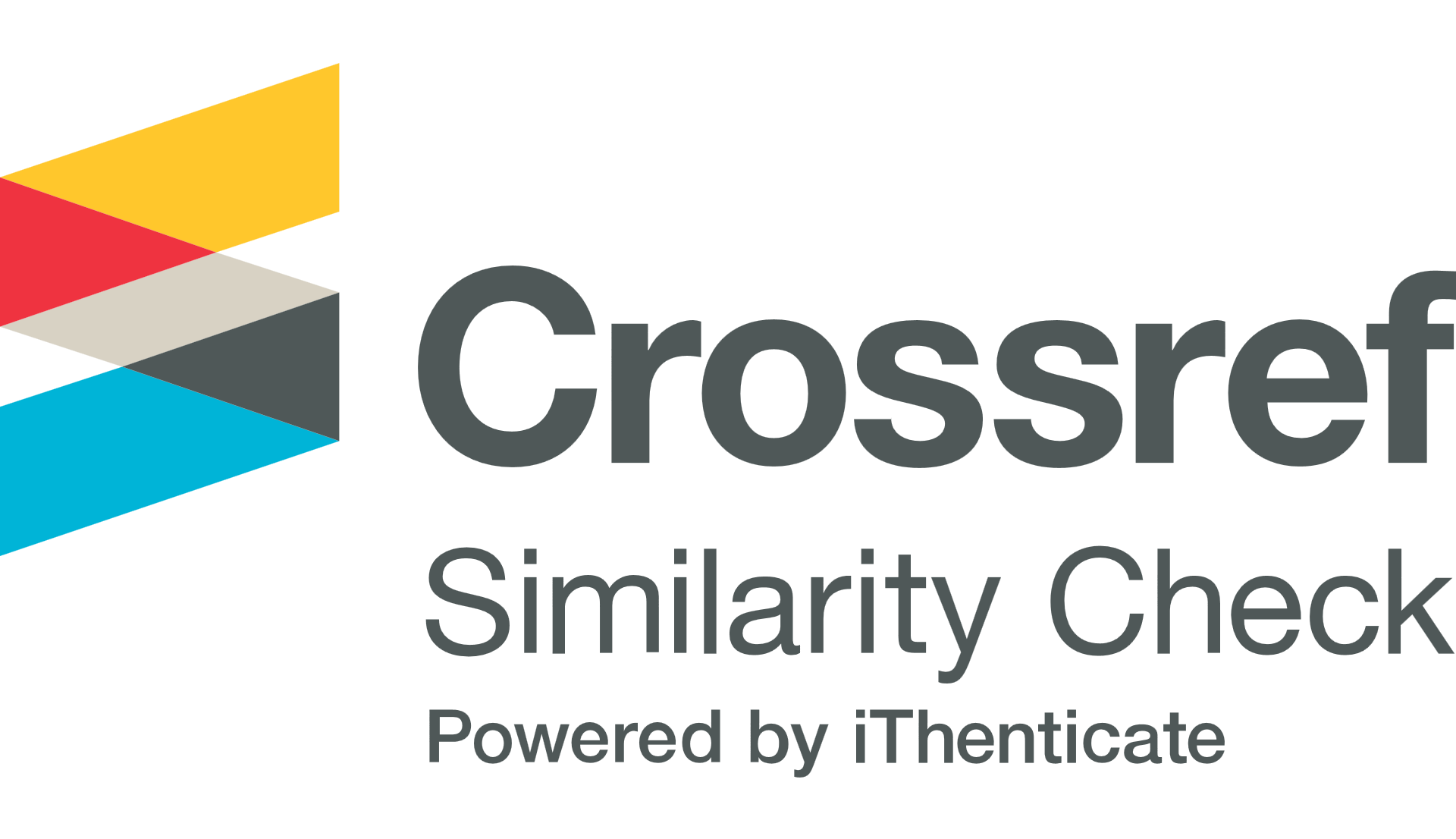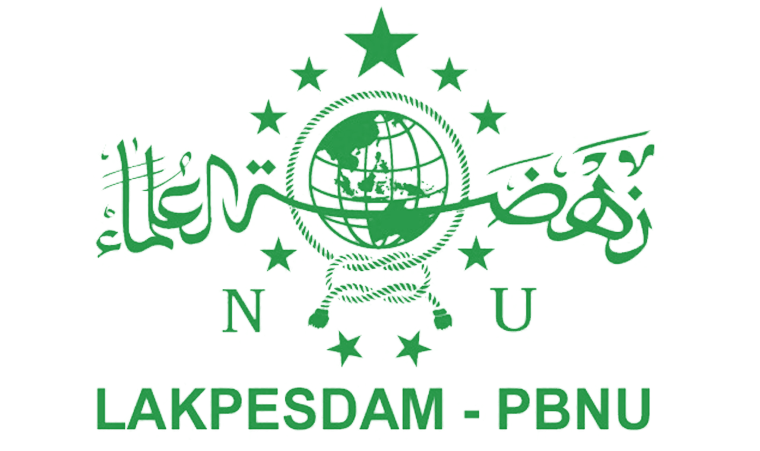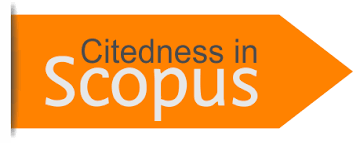DOMINASI ‘RITUAL’ AGAMA DALAM BUKU PELAJARAN AGAMA ISLAM (PAI) DI SD 01 LALEBBATA DAN SD MURANTE KOTA PALOPO SULSEL
DOI:
https://doi.org/10.31969/alq.v22i1.290Abstract
This study focused on the search and identification of problematic use of Islamic Religious Education lesson books Elementary School by taking samples at SD 01 Lalebbata da SD Murante Palopo. The research problem is: how textbooks Islam is exploited? how the utilization of the subject matter in the book and its relevance to the purpose of education to improve students' devotion and shaping behavior that noble ?. Operationalize the descriptive qualitative research method. The results showed that the general distribution of the utilization of the book Islamic Religious Studies (PAI) curriculum, 2006 at State Elementary School (SDN) Palopo not be a critical problem because of the use of BOS funds. Problems then just look at the mechanism of utilization of PAI books, for example in the use of religious subject matter in the book PAI are not relevant to the purpose of national education to create didika participants are devoted to Allah SWT. Relevanan lack is evident from the number of materials over religious rituals (worship) as compared with the material that introduces God as a substance which should dieknali and loved by humans. Learning strategies with the dominant religion of the subject matter more to load the religious rituals can be bad for students, where they're treated early with many television shows that divert them from the love of God.Published
2016-07-20
Issue
Section
Articles
License
Authors who publish with this journal agree to the following terms:
- Authors retain copyright and grant the journal right of first publication with the work simultaneously licensed under Creative Commons Attribution-NonCommercial-ShareAlike 4.0 International License that allows others to share the work with an acknowledgement of the work's authorship and initial publication in this journal.
- Authors are able to enter into separate, additional contractual arrangements for the non-exclusive distribution of the journal's published version of the work (e.g., post it to an institutional repository or publish it in a book), with an acknowledgment of its initial publication in this journal.
- Authors are permitted and encouraged to post their work online (e.g., in institutional repositories or on their website) prior to and during the submission process, as it can lead to productive exchanges, as well as earlier and greater citation of published work (See The Effect of Open Access).















